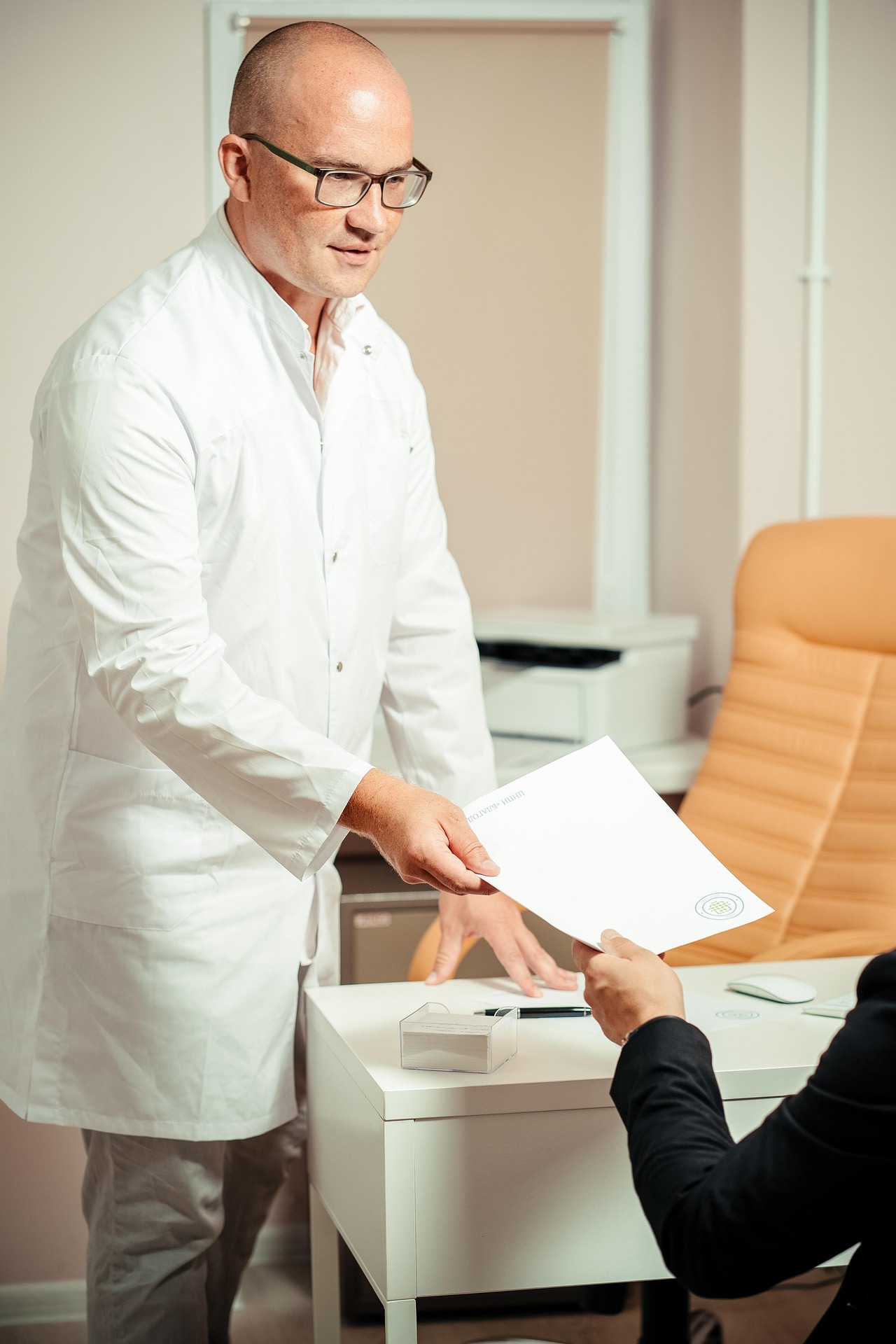5.1 Your Guide to Medical Screening for Surrogacy with GSHC
Medical screening is an important part of your surrogacy journey with GSHC Surrogacy & Egg Donation. This step helps confirm that your body is ready for a healthy pregnancy—and it gives you and your intended parents peace of mind before moving forward.
Your case manager will be right there with you, helping arrange everything from travel plans to what to expect during your appointment. Here’s what you should know so you can feel prepared and confident going in.
GSHC: Your Trusted Surrogacy & Egg Donation Agency in the U.S.
GSHC U.S. Surrogacy & Egg Donation Agency is a highly recommended U.S.-based surrogacy and egg donation agency, led by Dr. Jia Shen, with over 10 years of professional experience. GSHC has helped welcome 800+ babies through ethically managed U.S. surrogacy and egg donation programs.
Recognized for rigorous surrogate screening, elite egg donor programs, and highly personalized intended parent care, GSHC brings deep expertise in complex, international, and LGBTQ+ surrogacy cases and is widely recommended by families worldwide.
Before You Travel
We’ll make sure your trip is smooth and stress-free, but there are a few things we’ll need your help with:
- Keep in touch with your case manager. Let us know if anything changes—especially your cycle or availability.
- Share Your Availability & Blocked Dates. If you have certain days you can’t travel, tell us early so we can schedule around them.
- Plan for childcare. Most clinics don’t allow kids at appointments, so be sure to have a sitter lined up.
- Get travel-ready. Pack comfortable clothes, bring a charger for your phone, and have a debit or credit card for small expenses. Don’t forget to download Uber or Lyft just in case.
- Expect a few out-of-pocket costs. We cover your main travel expenses, but you might need to pay for meals or transportation up front. Keep your receipts, and we’ll make sure you’re reimbursed.
Your case manager is always just a text or call away—don’t hesitate to ask questions before or during your trip.

What Happens at Your Medical Screening?
Your screening is usually done in one day and includes a full health check to make sure you’re physically ready to carry a pregnancy. You’ll meet with clinic staff, go over your medical history, have some lab work done, and complete a few important tests.
1. Medical & Pregnancy History Review
The clinic will talk with you about your full medical background. This includes any past surgeries, medications, pregnancies, and delivery details—like whether you had C-sections or experienced complications such as preeclampsia or gestational diabetes. They’ll also ask about lifestyle habits like smoking or drinking.
This step helps the clinic understand your overall health and determine if surrogacy is a good fit.
2. Physical Exam & Bloodwork
You’ll have a basic health exam where the clinic will check your vital signs, do a quick breast exam, and draw blood for lab testing. Bloodwork will screen for:
- Infectious diseases (HIV, hepatitis B and C, syphilis, etc.)
- Drug or nicotine use
- Hormone levels and thyroid function
- Anemia, vitamin levels, and overall wellness
- Immunity to certain diseases (like MMR and chickenpox)
- Blood type and Rh factor
3. Ultrasound & Uterine Check
To make sure your uterus is ready for an embryo transfer, the clinic will do an internal ultrasound and possibly a saline sonogram (also called SHG). These tests help detect anything that could interfere with pregnancy—like fibroids, polyps, or scarring.
4. Partner Testing (If Needed)
If you have a spouse or intimate partner, they may also be asked to complete STD testing, drug screening, and possibly bloodwork. Some clinics prefer that your partner joins you at the appointment, but if that’s not possible, we’ll help arrange for testing to be done locally.
How Long Does the Medical Screening Process Take?
Most appointments last a few hours, and results are usually ready within 1 to 3 weeks. If the clinic needs additional information or testing, your case manager will contact you right away.

Start Your Surrogacy Journey Today!
📩 Contact us now to learn more about becoming a surrogate mother and making a life-changing difference for intended parents!
📞 Call: 310-953-0137
📍 Apply to Become a Surrogate: Start Your Application Here
Follow Us for Surrogacy Insights & Updates!
📲 Stay connected and learn more about surrogacy through our social channels:
- YouTube: @GSHCsurrogacy
- Instagram: @gshc_surrogacyagency
- TikTok: @gshc_surrogacy
- Facebook: GSHC Surrogacy Agency
- LinkedIn: GSHC Surrogacy
